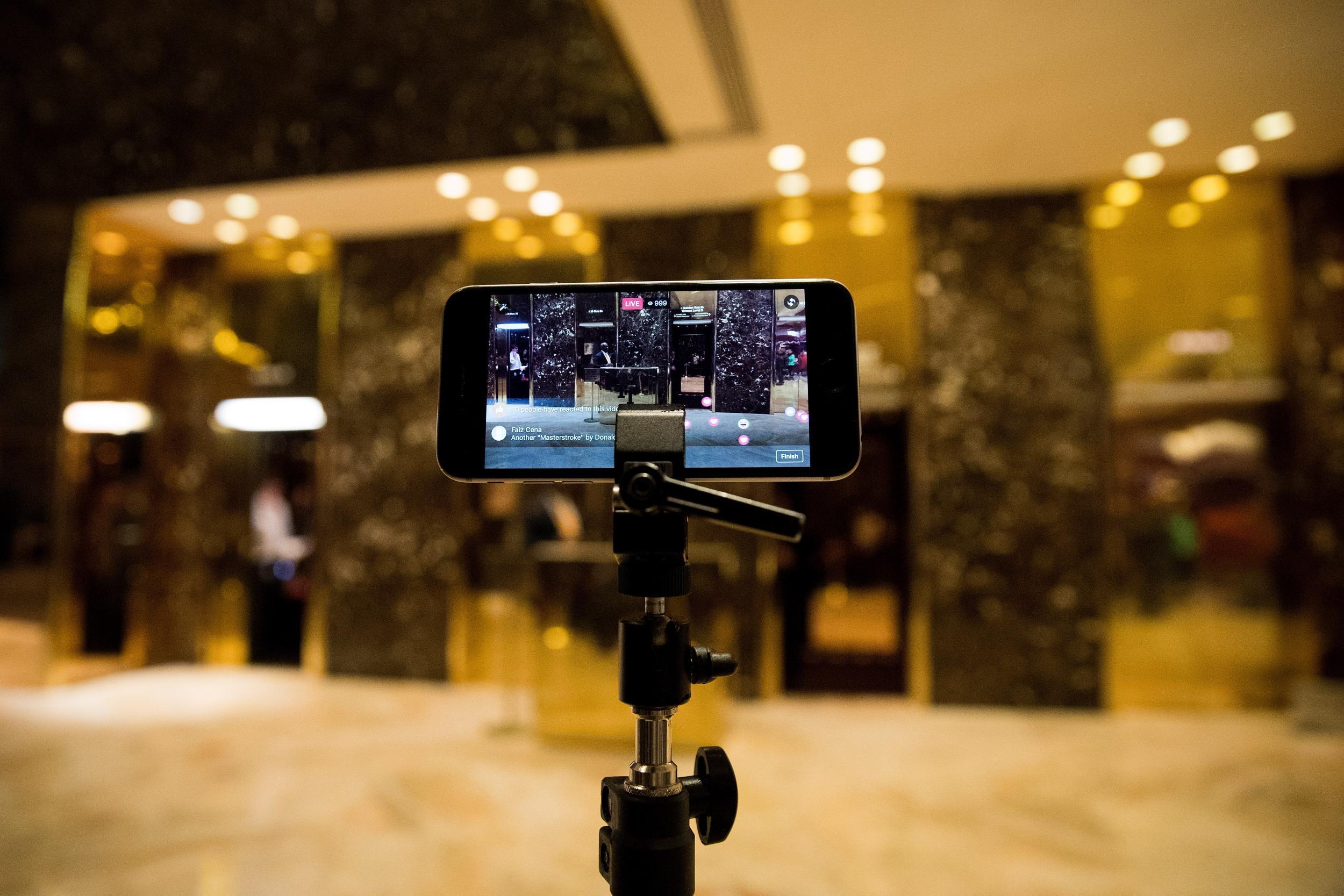NSA collects 151 million phone records in 2016 despite only having 42 court orders
The amount of surveillance activity appears lower than in recent years, but privacy activists are still concerned

The US National Security Agency (NSA) collected records of more than 151 million American phone calls last year, despite only receiving permission from the Foreign Intelligence Surveillance Court (FISC) to collect records from 42 people.
The NSA revealed the breadth of its US data collection in its annual statistical transparency report. While statistics showed a reduction in activity from previous years, the numbers still sparked concern with privacy activists.
Previous policies allowed the NSA to collect so-called “call detail records” of US citizens in bulk. These detail records can include the originating or terminating telephone numbers and the time or duration of the call. Studies show the NSA may have been collecting billions of phone records per day in past years.
When former NSA employee Edward Snowden revealed the extent of NSA’s data collection in 2013, the shocking disclosure spurred several reforms. The NSA is now prohibited from collecting call detail records in bulk, and must request court orders from the FISC to collect detail records. Data collection is restricted exclusively to those suspected of being linked to terrorism.
Last year, the NSA received orders to collect records from 42 terrorism suspects in 2016 – as well as a handful from the year before – but still collected records of more than 151 million calls.
The NSA explained that this number includes multiple calls made to or from the same phone numbers. A single phone call logged by two telecom companies is also counted as two records.
The NSA also increases the number of calls it can record by using “second-hop collection,” according to Electronic Frontier Foundation staff attorney Andrew Crocker. This collection method allows the agency to collect information on the phone numbers with which their targets have been in contact.
“Imagine each [target] is in contact with 100 numbers and each of those numbers is in contact with 100 more numbers. That would allow the NSA to collect records belonging to 10,000 numbers,” Mr Crocker told The Independent.
“Depending on how many calls each of these numbers make, you can see how the number of total records could get very large, very quickly,” he added.
Privacy advocates also point to Section 702 of the Foreign Intelligence Surveillance Act (FISA) as allowing the NSA to collect intelligence on Americans without express permission. The acts allows the agency to collect messages of foreigners abroad without a specific court order – even if they are communicating with Americans.
“There's no probable cause or criminal activity necessary [in these cases],” Michelle Richardson of the Centre for Democracy & Technology told The Independent. “These people fall general classification that their communications may include foreign intelligence.”
The NSA distributed almost 4,000 reports last year containing information about Americans gathered using this warrantless surveillance programme.
The government also reported making fewer surveillance requests for “pen register/trap-and-trace” orders and fewer requests using national security letters than in years prior. They did not explain this reduction in the report.
The Director of National Intelligence began releasing statistics on its surveillance measures in 2014. Congress added to the statistics required to be released in the 2015 USA Freedom Act, This is the first report issued using USA Freedom Act standards.
Join our commenting forum
Join thought-provoking conversations, follow other Independent readers and see their replies
0Comments